Created by DELL E3
The results of monitoring pesticide residues in agricultural products of plant origin for November 2023 were published by the Ministry of Internal Affairs and Communications.
Out of 482 tested samples, 9 exceedances of the MRL were identified (MRL – maximum permissible levels or DOC – permissible residual concentrations pesticide in food and feed products, in soil and other objects, established on the basis of the results of studying the toxicity of drugs for various organisms) and 1 product that has a probable risk to consumers was rejected.
Pesticides in olive oil
Monitoring for detection of pesticide residues was carried out in or on plant products depending on the disclosure and sampling source. Control, according to the Plant Protection Department of the Ministry of Agriculture, was carried out on:
- grape leaves (αμπελόφυλλα),
- table olives,
- potatoes,
- marule (σέσκουλα),
- beets,
- pepper (sweet, Bulgarian type),
- spinach.
Distribution of sampling points within the framework of internal market controls for November 2023:
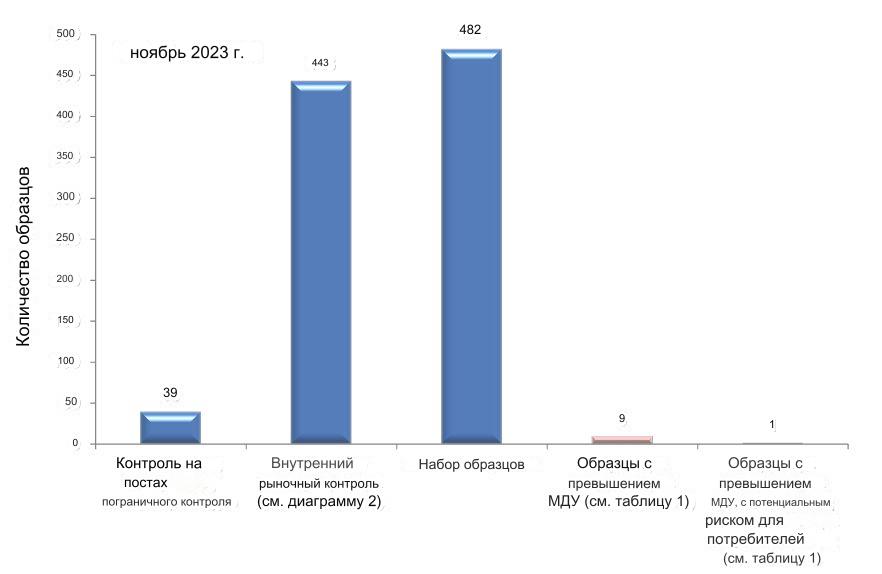
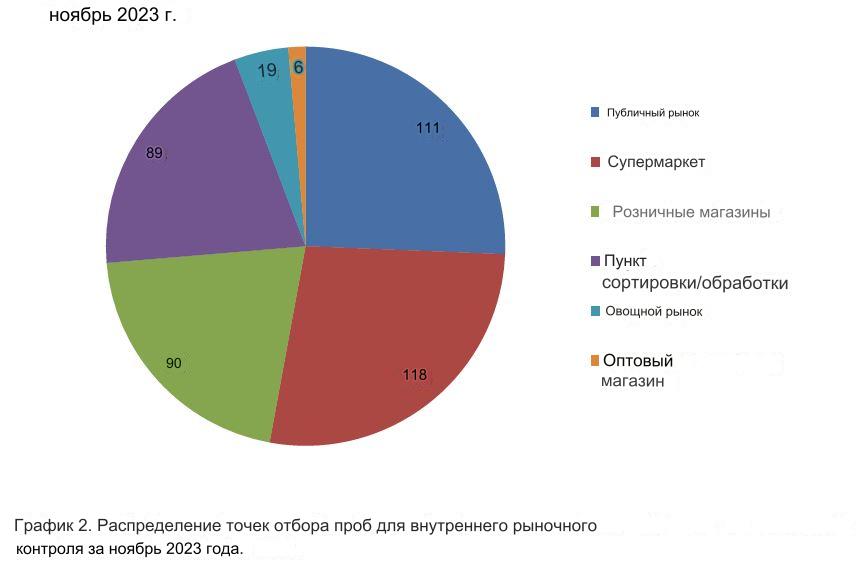
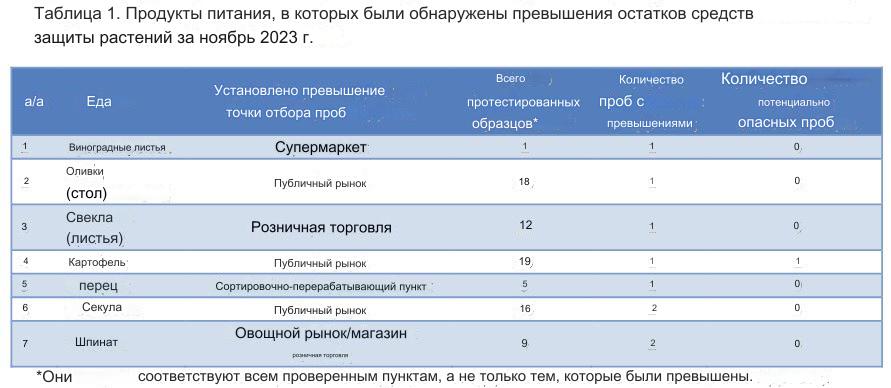
What is MRL
It should be noted that the MRL is the highest level of pesticide residues allowed by law in food or feed if the pesticides are applied in accordance with Good Agricultural Practices.
When assessing the safety of pesticide maximum residue limits (MRLs) EU or MRL proposals, chronic and acute consumer exposure to pesticide residues in food is assessed using a calculation model developed by EFSA (EFSA PRIMo). The purpose of the model is to simultaneously estimate the short- and long-term exposure of consumers to pesticide residues and compare the estimated exposure to toxicological reference values for identifying potential risks to consumer health.
Increased control
Publication of results for the fourth month in a row welcomed by the Association of Fruit and Vegetable Exporters Incofruit Hellas: “This is important because the publication of benchmark data helps inform Greek consumers,” says Special Adviser Georgios Polychronakis, adding that he “hopes strengthening control and detection of harmful substances mainly in imported and transit fruits and vegetables in the near future.”
At the same time, an announcement is expected website creation to fully inform consumers about the quality of agricultural products.
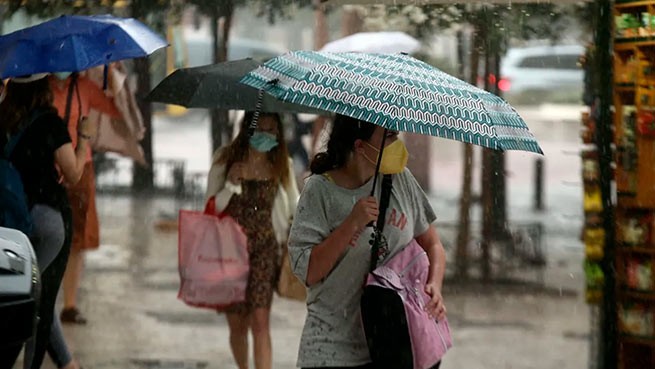



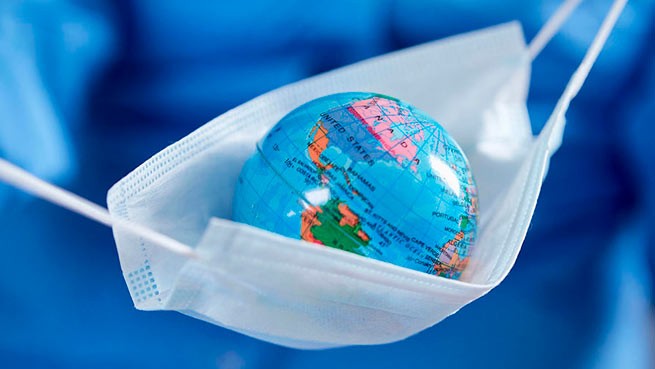
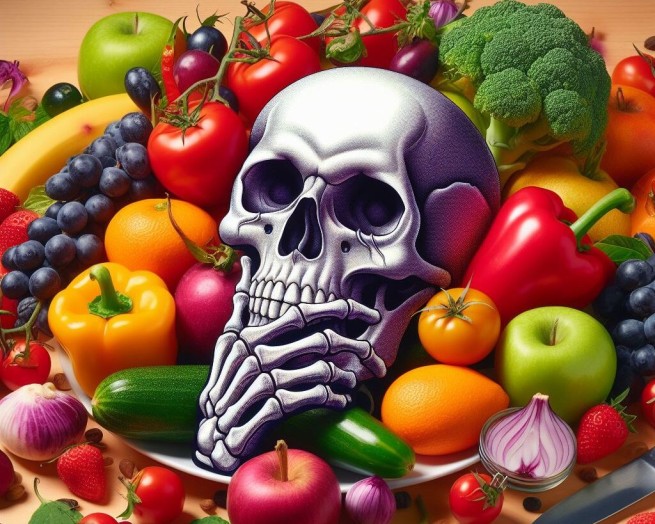

More Stories
Myth: The perfect body for summer
Study: Why is it so difficult to give up salt?
Vaccine to combat antibiotic resistance